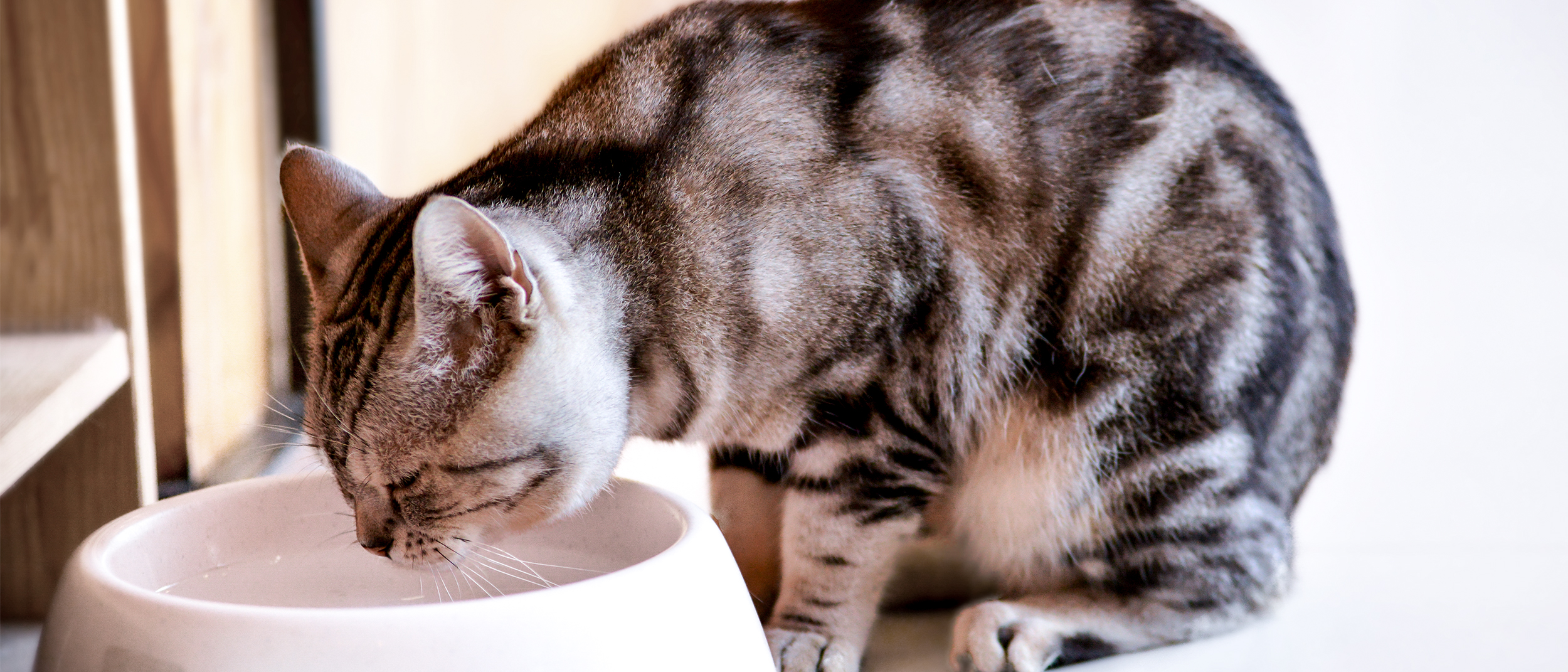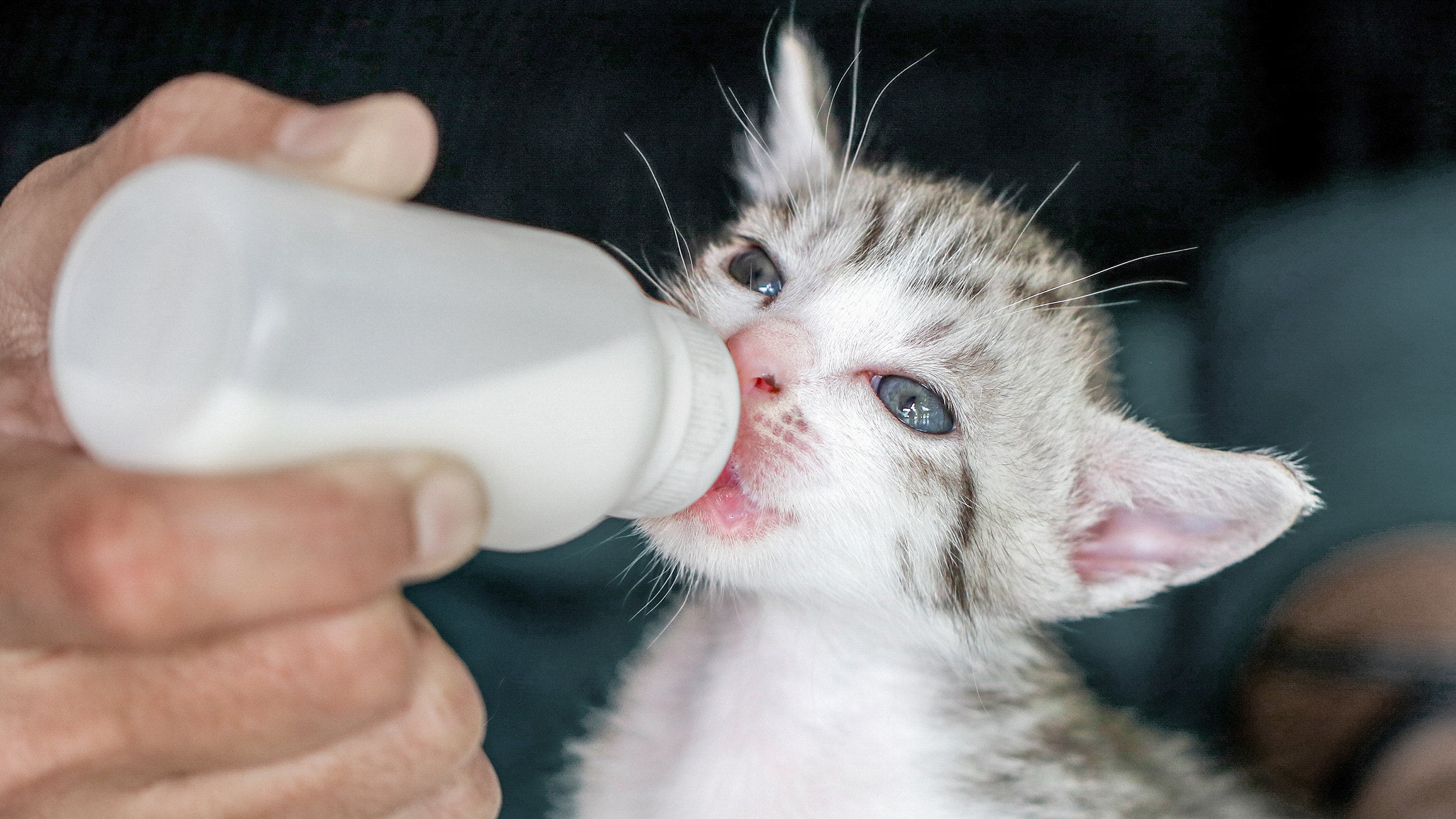Kitten nutrition explained

Each stage of a cat’s life brings unique dietary requirements which you can support them with. So, in order to give them the best possible start in life, your kitten’s diet should be tailored to the specific needs of their life stage.
Nutrition for your kitten from birth to four months
During this period, your kitten is going through an intense growth spurt. To fuel the development of their skeleton, muscles and organs, they have specific nutritional needs.
In the early weeks, they’ll suckle from their mother and receive colostrum – a milk-like fluid which supports their immunity – followed by milk. Starting at around four weeks, you can begin to transition them to a solid food as they start to show interest in it and their ability to digest lactose wanes.
During this time, you can give them a food specifically designed for kittens with the right mix of required nutrients, including the 11 essential amino acids which support muscle and cell growth, as well as healthy skin, hair and claws. Cats can’t synthesise these elements internally, so it’s essential their food provides them with ‘complete’ nutrition.
Until 12 - 16 weeks old, depending on their breed, kittens are growing and gaining weight rapidly, and therefore have extremely high energy requirements; it’s around three times that of an adult cat. But as a kitten’s digestive system is not yet mature, they need an energy-dense food which doesn’t include unnecessary bulk, as this can cause digestive distress.

Your kitten’s diet from four to 12 months
At this stage in their development, your kitten’s energy needs will be reducing gradually, although they still need much more than an adult cat. During this period, adult teeth replace your cat’s milk teeth and their digestive system matures, so they’re now able to crunch, chew and eat solid foods more easily.
However, a cat’s digestive system still only accounts for 3% of their bodyweight – compared to 11% of a human’s – which means it can be quick to become aggravated from a new food or stress. Your kitten’s food and feeding at this time should be consistent: the same food, in the same place, in a peaceful and stress-free environment.
Over this period your kitten is at the peak of its weight gain, increasing in size by 100g a week at the age of four to five months. It’s important to monitor their weight closely so they don’t increase in size too rapidly and risk becoming obese. You can help prevent this by making sure you only give them the recommended portion of kibble or wet food each day.
Your cat and their diet from one year onwards
As a fully-matured adult, your cat now has very different nutritional needs from their early days. Their energy requirements are much lower, and several other factors should be considered: their lifestyle, such as whether they’re an indoor or outdoor cat, their breed, gender, and whether they are neutered or not.
Every cat still has nutritional needs which must come from their diet. This includes the essential amino acid, taurine, which is only available from animal sources, and vitamin A and D which continue to support your cat’s health.
Your cat’s nutritional needs will change significantly over its lifetime, but if you’re ever unsure of the best feed for them, ask your vet who’ll be happy to help.
Tailored nutrition for your kitten
Discover our ROYAL CANIN® Kitten Growth Program, a 3-stage feeding program created for all kittens up to one year old to feed their specific nutritional needs.
Like & share this page